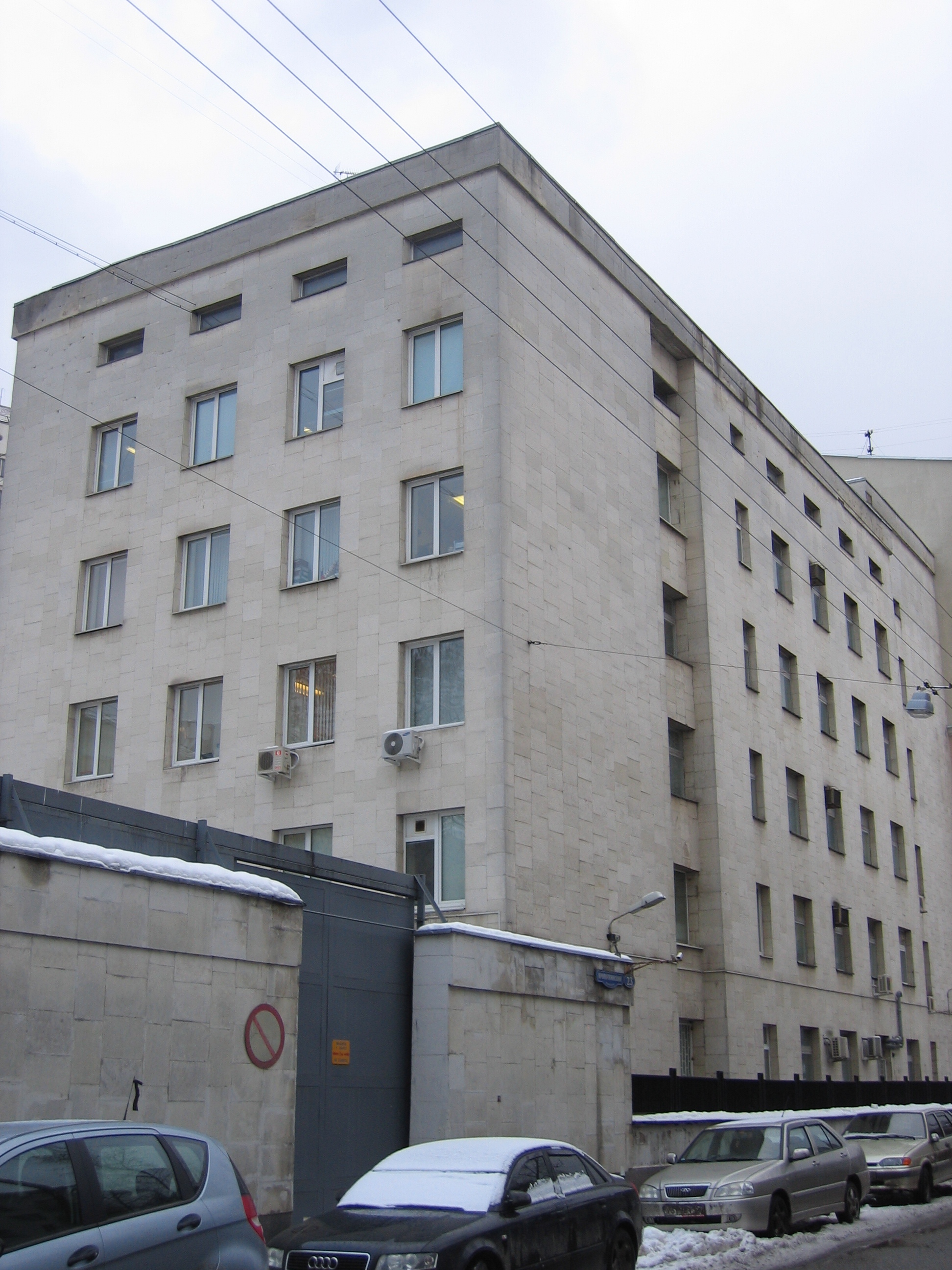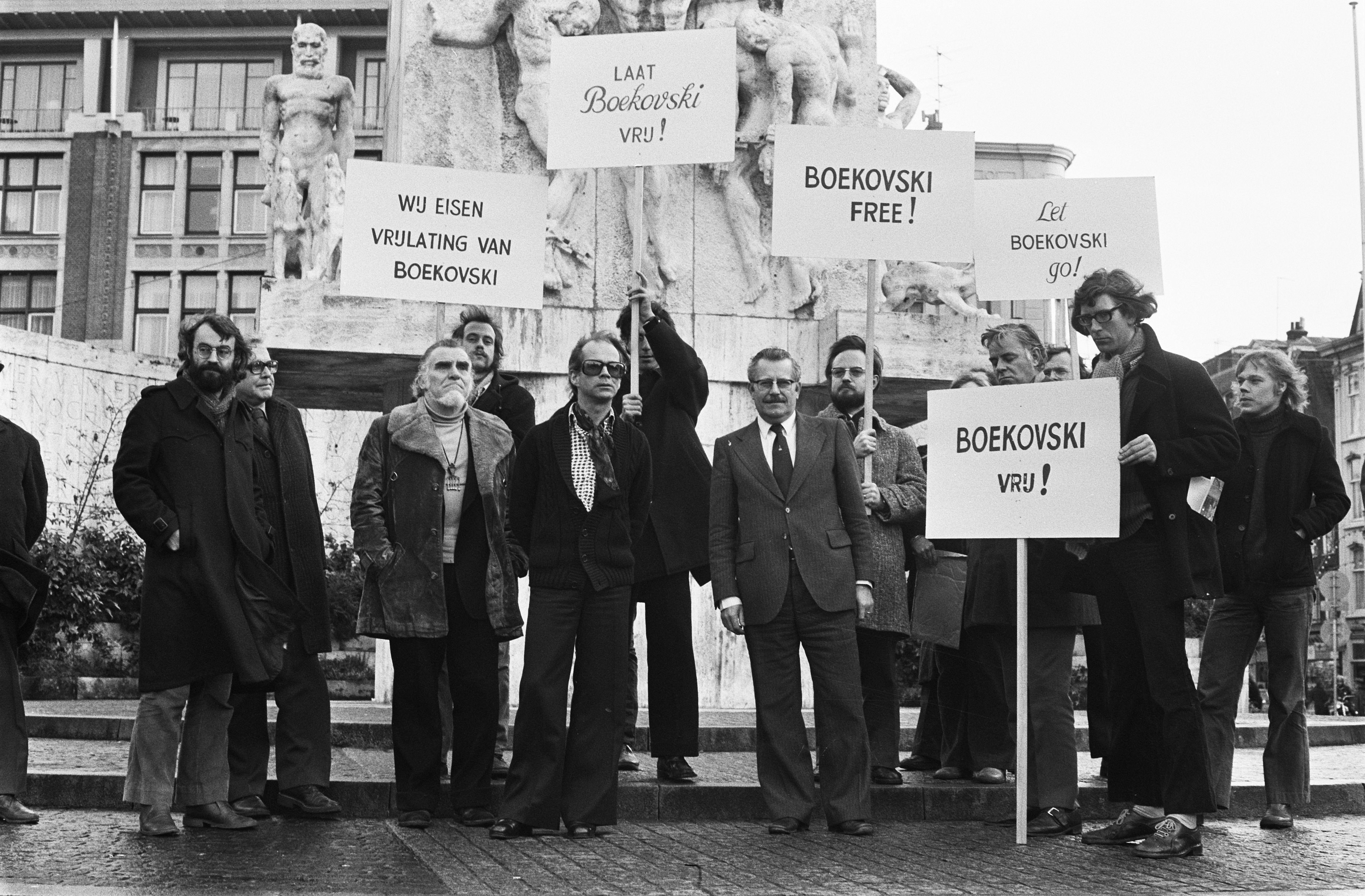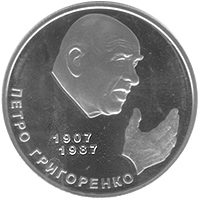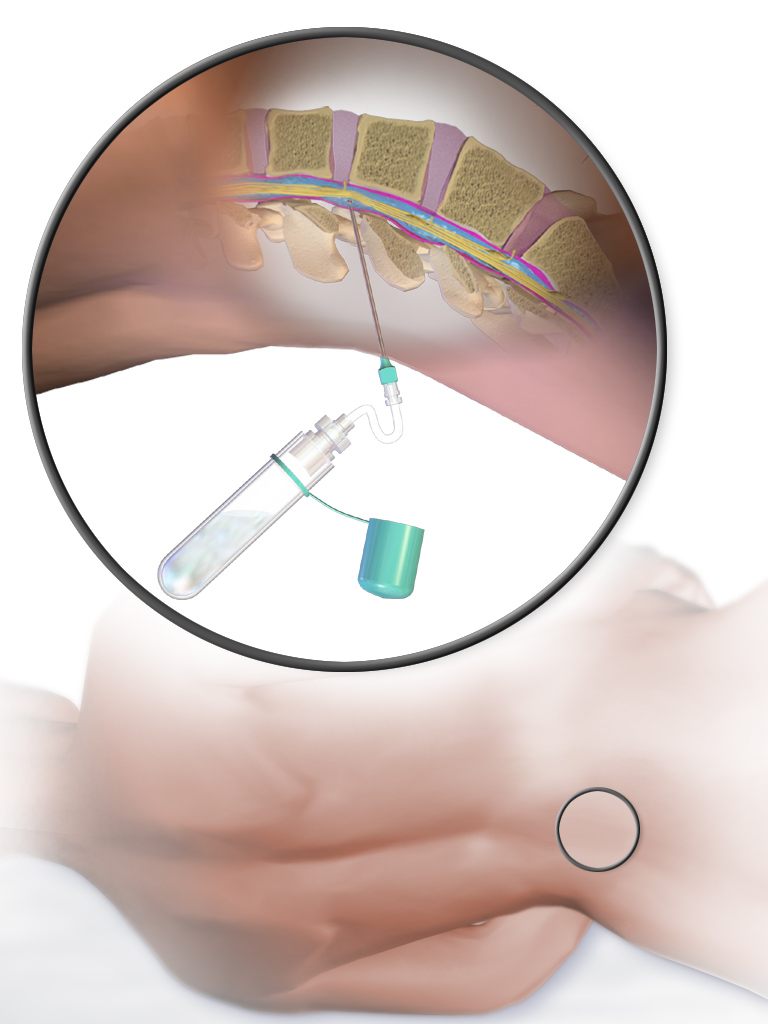|
Psikhushka
Psikhushka (russian: психу́шка; ) is a Russian ironic diminutive for psychiatric hospital. In Russia, the word entered everyday vocabulary. This word has been occasionally used in English, since the Soviet dissident movement and diaspora community in the West used the term. In the Soviet Union, psychiatric hospitals were often used by the authorities as prisons, in order to isolate political prisoners from the rest of society, discredit their ideas, and break them physically and mentally. As such, psikhushkas were considered a form of torture.See: Sidney Bloch and Peter Reddaway (1984). ''Soviet Psychiatric Abuse: The Shadow over World Psychiatry''. Victor Gollancz, London., The official explanation was that no sane person would be against socialism.A statement attributed to Nikita Khrushchevbr>http://doctor-litvinov.ru/psixologiya-i-psixiatriya/vy-kritikuete-vlast-togda-psixiatr-idyot-k-vam.html] Psikhushkas were already in use by the end of the 1940s (see Alexander Es ... [...More Info...] [...Related Items...] OR: [Wikipedia] [Google] [Baidu] |
Political Abuse Of Psychiatry In The Soviet Union
There was systematic political abuse of psychiatry in the Soviet Union, based on the interpretation of political opposition or dissent as a psychiatric problem. It was called "psychopathological mechanisms" of dissent. During the leadership of General Secretary Leonid Brezhnev, psychiatry was used to disable and remove from society political opponents ("dissidents") who openly expressed beliefs that contradicted the official dogma. The term "philosophical intoxication", for instance, was widely applied to the mental disorders diagnosed when people disagreed with the country's Communist leaders and, by referring to the writings of the Founding Fathers of Marxism–Leninism—Karl Marx, Friedrich Engels, and Vladimir Lenin—made them the target of criticism. Article 58-10 of the Stalin-era Criminal Code, "Anti-Soviet agitation", was to a considerable degree preserved in the new 1958 RSFSR Criminal Code as Article 70 "Anti-Soviet agitation and propaganda". In 1967, a weaker l ... [...More Info...] [...Related Items...] OR: [Wikipedia] [Google] [Baidu] |
Vladimir Bukovsky
Vladimir Konstantinovich Bukovsky (russian: link=no, Влади́мир Константи́нович Буко́вский; 30 December 1942 – 27 October 2019) was a Russian-born British human rights activist and writer. From the late 1950s to the mid-1970s, he was a prominent figure in the Soviet dissident movement, well known at home and abroad. He spent a total of twelve years in the psychiatric prison-hospitals, labour camps, and prisons of the Soviet Union. After being expelled from the Soviet Union in late 1976, Bukovsky remained in vocal opposition to the Soviet system and the shortcomings of its successor regimes in Russia. An activist, a writer, Jacket and a neurophysiologist,. he is celebrated for his part in the campaign to expose and halt the political abuse of psychiatry in the Soviet Union. A member of the international advisory council of the Victims of Communism Memorial Foundation, a director of the Gratitude Fund (set up in 1998 to commemorate and sup ... [...More Info...] [...Related Items...] OR: [Wikipedia] [Google] [Baidu] |
Alexander Esenin-Volpin
Alexander Sergeyevich Esenin-Volpin (also written Ésénine-Volpine and Yessenin-Volpin in his French and English publications; russian: Алекса́ндр Серге́евич Есе́нин-Во́льпин, p=ɐlʲɪˈksandr sʲɪrˈɡʲejɪvʲɪtɕ jɪˈsʲenʲɪn ˈvolʲpʲɪn, a=Alyeksandr Syergyeyevich Yesyenin-Vol'pin.ru.vorb.oga; May 12, 1924March 16, 2016) was a Russian-American poet and mathematician. A dissident, political prisoner and a leader of the Soviet human rights movement, he spent a total of six years incarcerated and repressed by the Soviet authorities in psikhushkas and exile. In mathematics, he is known for his foundational role in ultrafinitism. Life Alexander Volpin was born on May 12, 1924, in the Soviet Union. His mother, Nadezhda Volpin, was a poet and translator from French and English. His father was Sergei Yesenin, a celebrated Russian poet, who never knew his son. Alexander and his mother moved from Leningrad to Moscow in 1933. His first Poli ... [...More Info...] [...Related Items...] OR: [Wikipedia] [Google] [Baidu] |
Pyotr Grigorenko
Petro Grigorenko or Petro Hryhorovych Hryhorenko ( uk, Петро́ Григо́рович Григоре́нко, russian: Пётр Григо́рьевич Григоре́нко, link=no, – 21 February 1987) was a high-ranking Soviet Army commander of Ukrainians, Ukrainian descent, who in his fifties became a dissident and a writer, one of the founders of the human rights movement in the Soviet Union. For 16 years, he was a professor of cybernetics at the Frunze Military Academy and chairman of its cybernetic section before joining the ranks of the early dissidents. In the mid-1970s Grigorenko helped to found the Moscow Helsinki Group and the Ukrainian Helsinki Group, before leaving the USSR for medical treatment in the United States. The Soviet government barred his return, and he never again returned to the Soviet Union. In the words of Joseph Alsop, Grigorenko publicly denounced the "totalitarianism that hides behind the mask of so-called Soviet democracy." Early life P ... [...More Info...] [...Related Items...] OR: [Wikipedia] [Google] [Baidu] |
Soviet Dissident
Soviet dissidents were people who disagreed with certain features of Soviet ideology or with its entirety and who were willing to speak out against them. The term ''dissident'' was used in the Soviet Union in the period from the mid-1960s until the fall of communism.Chronicle of Current Events (samizdat) It was used to refer to small groups of intellectuals whose challenges, from modest to radical to the Soviet regime, met protection and encouragement from correspondents and typically criminal prosecution or other forms of silencing by the authorities. Following the etymology of the term, a dissident is considered to "sit apart" from the regime. As dissenters began self-identifying as ''dissident ... [...More Info...] [...Related Items...] OR: [Wikipedia] [Google] [Baidu] |
Political Prisoner
A political prisoner is someone imprisoned for their political activity. The political offense is not always the official reason for the prisoner's detention. There is no internationally recognized legal definition of the concept, although numerous similar definitions have been proposed by various organizations and scholars, and there is a general consensus among scholars that "individuals have been sanctioned by legal systems and imprisoned by political regimes not for their violation of codified laws but for their thoughts and ideas that have fundamentally challenged existing power relations". The status of a political prisoner is generally awarded to individuals based on declarations of non-governmental organizations like Amnesty International, on a case-by-case basis. While such status are often widely recognized by the international public opinion, they are often rejected by individual governments accused of holding political prisoners, which tend to deny any bias in the ... [...More Info...] [...Related Items...] OR: [Wikipedia] [Google] [Baidu] |
Russian Language
Russian (russian: русский язык, russkij jazyk, link=no, ) is an East Slavic languages, East Slavic language mainly spoken in Russia. It is the First language, native language of the Russians, and belongs to the Indo-European languages, Indo-European language family. It is one of four living East Slavic languages, and is also a part of the larger Balto-Slavic languages. Besides Russia itself, Russian is an official language in Belarus, Kazakhstan, and Kyrgyzstan, and is used widely as a lingua franca throughout Ukraine, the Caucasus, Central Asia, and to some extent in the Baltic states. It was the De facto#National languages, ''de facto'' language of the former Soviet Union,1977 Soviet Constitution, Constitution and Fundamental Law of the Union of Soviet Socialist Republics, 1977: Section II, Chapter 6, Article 36 and continues to be used in public life with varying proficiency in all of the post-Soviet states. Russian has over 258 million total speakers worldwide. ... [...More Info...] [...Related Items...] OR: [Wikipedia] [Google] [Baidu] |
Viktor Nekipelov
Viktor Aleksandrovich Nekipelov (russian: Ви́ктор Алекса́ндрович Некипе́лов, 29 September 1928 – 1 July 1989) was a Soviet Russian poet, writer, Soviet dissident, and a member of the Moscow Helsinki Group. He spent about nine years in prison for his participation in the Moscow Helsinki Group. Early life Nekipelov was born to a Soviet family of workers of the Chinese Eastern Railway. In 1937, he and his mother came to the Soviet Union. In 1939, his mother was arrested and died in imprisonment. He left a high school in Omsk. From 1947 to 1950, he studied at the Omsk Army Medical School. In 1950, he left the Omsk Army Medical School with honours. In 1960, he graduated from the army medical faculty of the Kharkiv Medical Institute with honours as well. In 1969, he graduated from an extramural faculty of the Moscow Literature Institute. He worked as a pharmacist. Dissident In 1973, he was arrested for "spreading of known false fabrications th ... [...More Info...] [...Related Items...] OR: [Wikipedia] [Google] [Baidu] |
Nazi Concentration Camps
From 1933 to 1945, Nazi Germany operated more than a thousand concentration camps, (officially) or (more commonly). The Nazi concentration camps are distinguished from other types of Nazi camps such as forced-labor camps, as well as concentration camps operated by Germany's allies. on its own territory and in parts of German-occupied Europe. The first camps were established in March 1933 immediately after Adolf Hitler became Chancellor of Germany. Following the 1934 purge of the SA, the concentration camps were run exclusively by the SS via the Concentration Camps Inspectorate and later the SS Main Economic and Administrative Office. Initially, most prisoners were members of the Communist Party of Germany, but as time went on different groups were arrested, including "habitual criminals", "asocials", and Jews. After the beginning of World War II, people from German-occupied Europe were imprisoned in the concentration camps. Following Allied military victories, the ... [...More Info...] [...Related Items...] OR: [Wikipedia] [Google] [Baidu] |
Mentally Ill
A mental disorder, also referred to as a mental illness or psychiatric disorder, is a behavioral or mental pattern that causes significant distress or impairment of personal functioning. Such features may be persistent, relapsing and remitting, or occur as single episodes. Many disorders have been described, with signs and symptoms that vary widely between specific disorders. Such disorders may be diagnosed by a mental health professional, usually a clinical psychologist or psychiatrist. The causes of mental disorders are often unclear. Theories may incorporate findings from a range of fields. Mental disorders are usually defined by a combination of how a person behaves, feels, perceives, or thinks. This may be associated with particular regions or functions of the brain, often in a social context. A mental disorder is one aspect of mental health. Cultural and religious beliefs, as well as social norms, should be taken into account when making a diagnosis. Services are b ... [...More Info...] [...Related Items...] OR: [Wikipedia] [Google] [Baidu] |
Narcotic
The term narcotic (, from ancient Greek ναρκῶ ''narkō'', "to make numb") originally referred medically to any psychoactive compound with numbing or paralyzing properties. In the United States, it has since become associated with opiates and opioids, commonly morphine and heroin, as well as derivatives of many of the compounds found within raw opium latex. The primary three are morphine, codeine, and thebaine (while thebaine itself is only very mildly psychoactive, it is a crucial precursor in the vast majority of semi-synthetic opioids, such as oxycodone or hydrocodone). Legally speaking, the term "narcotic" may be imprecisely defined and typically has negative connotations. When used in a legal context in the U.S., a narcotic drug is totally prohibited, such as heroin, or one that is used in violation of legal regulation (in this word sense, equal to any controlled substance or illicit drug). In the medical community, the term is more precisely defined and genera ... [...More Info...] [...Related Items...] OR: [Wikipedia] [Google] [Baidu] |
Lumbar Puncture
Lumbar puncture (LP), also known as a spinal tap, is a medical procedure in which a needle is inserted into the spinal canal, most commonly to collect cerebrospinal fluid (CSF) for diagnostic testing. The main reason for a lumbar puncture is to help diagnose diseases of the central nervous system, including the brain and spine. Examples of these conditions include meningitis and subarachnoid hemorrhage. It may also be used therapeutically in some conditions. Increased intracranial pressure (pressure in the skull) is a contraindication, due to risk of brain matter being compressed and pushed toward the spine. Sometimes, lumbar puncture cannot be performed safely (for example due to a bleeding diathesis, severe bleeding tendency). It is regarded as a safe procedure, but post-dural-puncture headache is a common side effect if a small atraumatic needle is not used. The procedure is typically performed under local anesthesia using a aseptic technique, sterile technique. A hypodermic ... [...More Info...] [...Related Items...] OR: [Wikipedia] [Google] [Baidu] |







